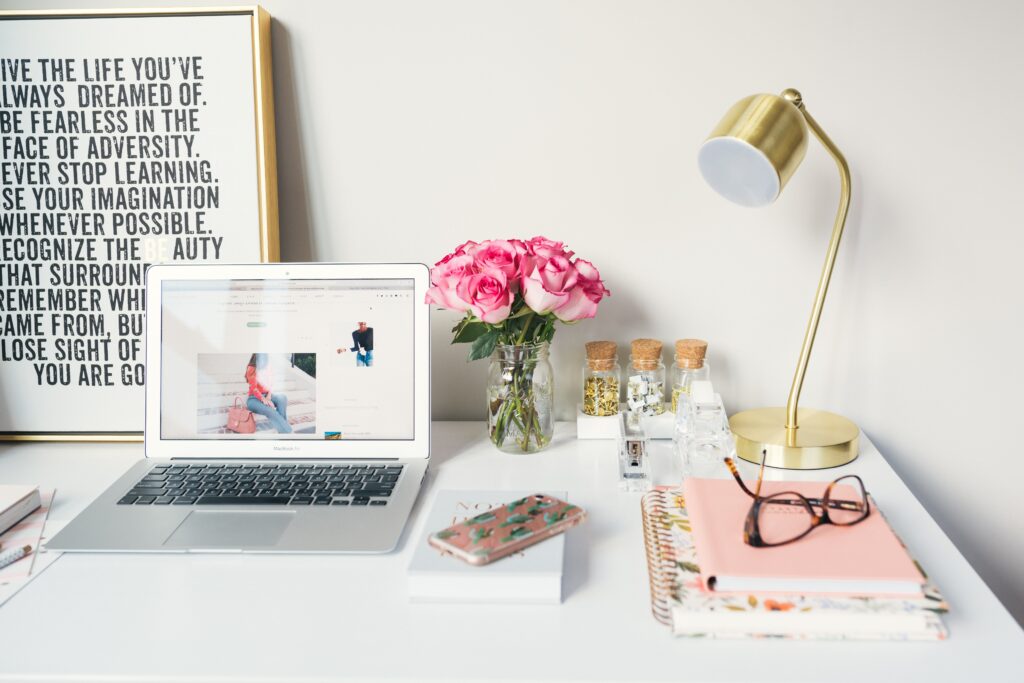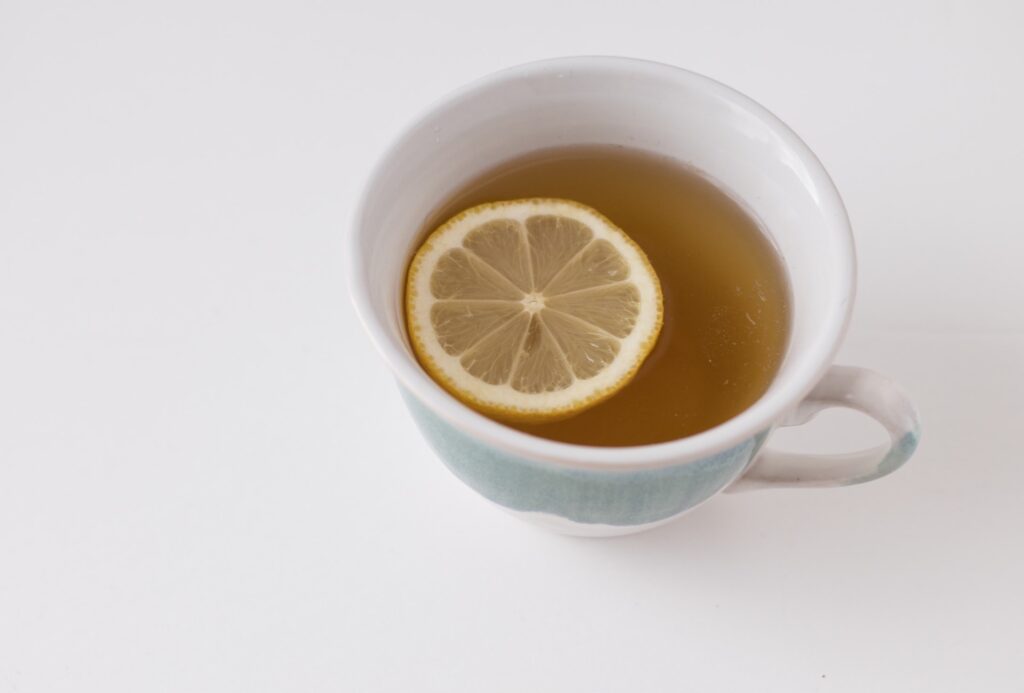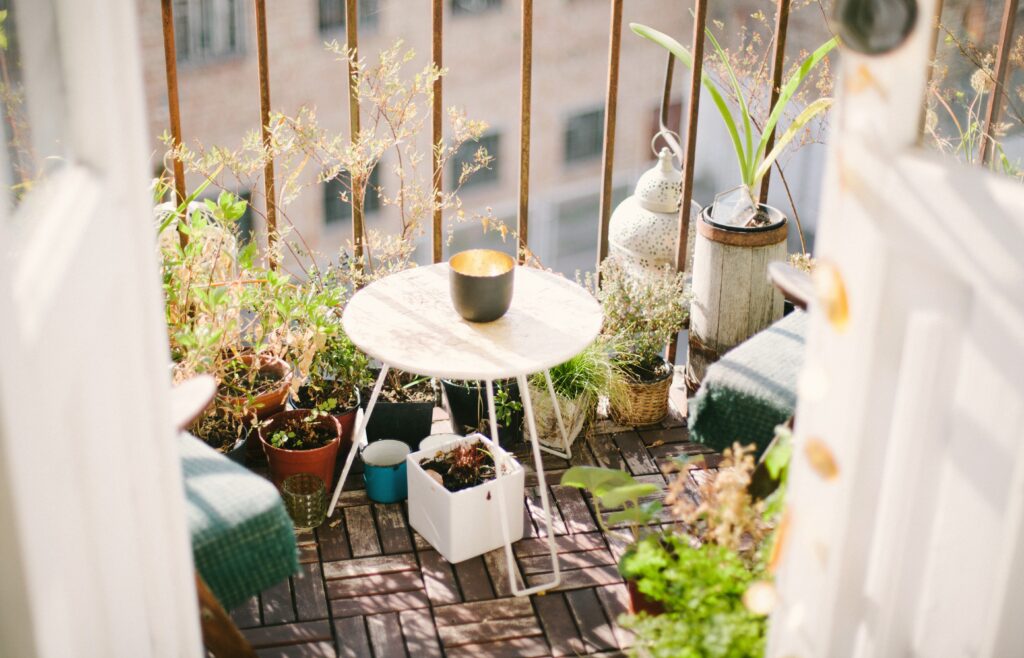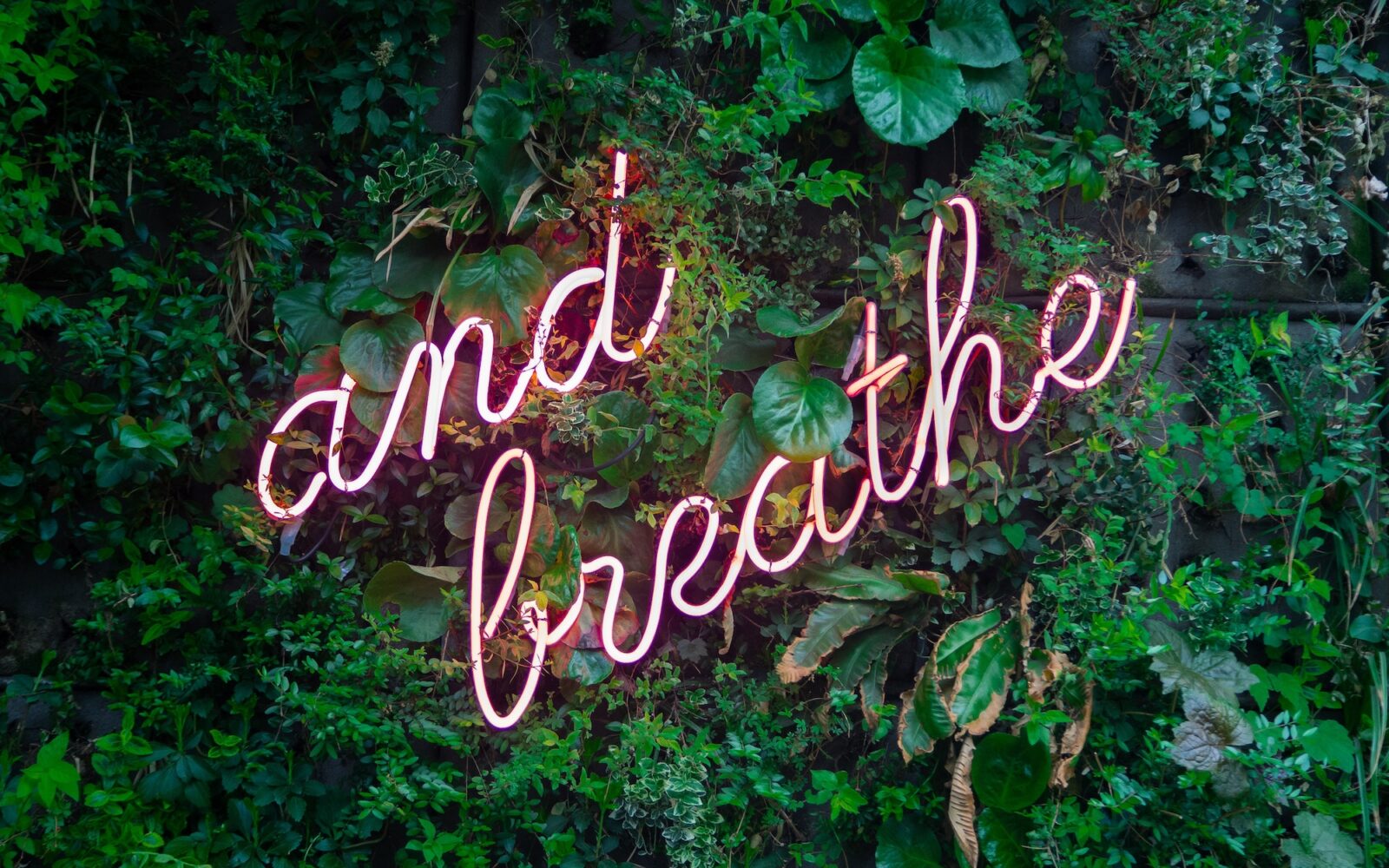During these unprecedented times it can be difficult to keep anxiety under control. Constant news headlines, social distancing and the fear of what’s coming next can lead to feelings of panic, loneliness, worry and distress.
It is therefore, only natural that the current coronavirus outbreak is impacting mental health across the world, causing many people to experience heightened levels of anxiety — you’re not alone.
Sharing her anxiety-related expertise, London-based psychotherapist Carolyn Cowan explains everyday ways to manage this overwhelming anxiety and stay calm amid this global crisis.

LIMIT YOUR TIME ONLINE
Set yourself allowances for how much time you can spend online, especially when you’re working from home and continually on news sites and social media. Make a written contract with yourself that allows you to watch the news sparingly, and be on Facebook and Instagram for a maximum of only ten minutes a day.
HAVE A SCREEN BREAK
Take time each day to be totally away from your phone, computer or any of your screens. Put them in a drawer, or leave them in a different room and find a hobby that doesn’t require screen time; like reading, exercise, art or boardgames. Get comfortable with the idea of just ‘being still.’ It takes time to get used to yourself having no technical distractions, so be patient.

KISS CAFFEINE GOODBYE
Maybe not completely…but restrict yourself to just one coffee or caffeinated drink per day, perhaps in the morning. Caffeine is a stimulant, the natural effects of which stimulate a host of sensations, including making your heart beat faster, an increase in body temperature and your breathing more rapid — all things that mimic anxiety. Swap your caffeine fix for herbal teas, water or fruit juice instead, but be prepared for short term caffeine withdrawl symptoms like headache, fatigue and irritability.
JUST BREATHE
To get your breathing under control when you’re anxious, follow these steps: sit in a quiet and comfortable place. Put one of your hands on your chest and the other on your stomach. Your stomach should move more than your chest when you breathe in deeply. Take a slow and regular breath in through your nose. Watch and sense your hands as you breathe in. The hand on your chest should remain still while the hand on your stomach will move slightly. Breathe out through your mouth slowly. Repeat this process at least 10 times or until you begin to feel your anxiety lessen.

SEE THE SUN
While adhering to social distancing measures and avoiding public spaces like beaches, parks and pools, it is still important to feel some sunlight and fresh air — even if it’s just sat on your balcony. An outdoor setting will help you feel more relaxed and is a great way to reduce anxiety symptoms, so take your workout into the garden and eat lunch on the balcony.
Read Next: How Anxiety Became a Modern Epidemic
- Images: Unsplash





